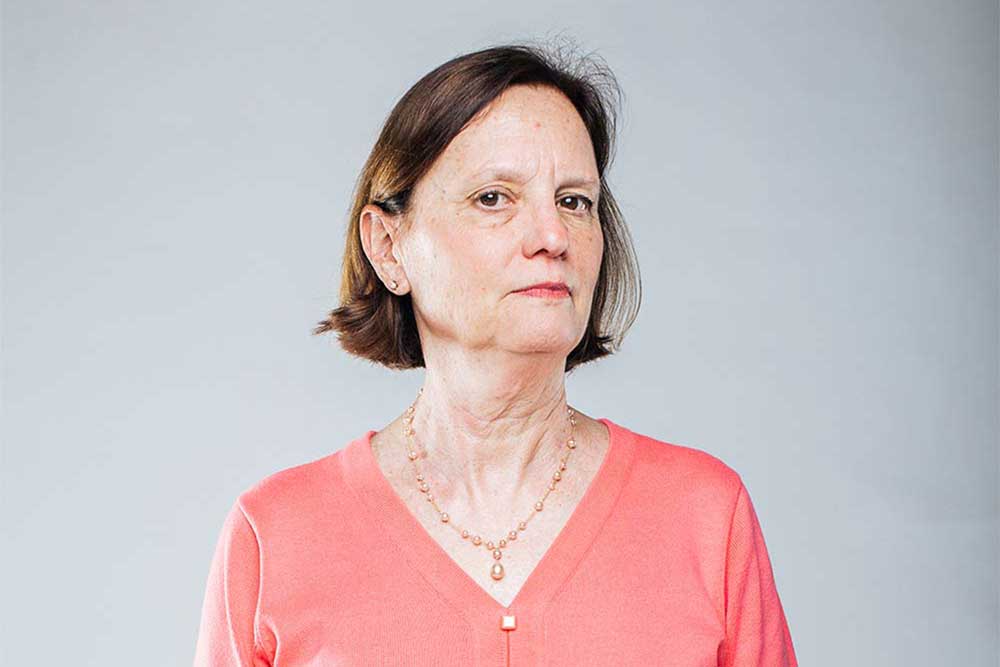The climate crisis is here, and Eugene is already experiencing its impacts first hand. We just weathered the hottest July 4th holiday on record in Eugene, and our fire department contained a 40-acre wildfire in a city neighborhood that was burning early and hot.
Eugene is a recognized leader in addressing climate change. In February, Eugene City Council rightly and courageously voted to reduce our dependence on fossil fuels by restricting the use of natural gas in housing that has yet to be built.
Almost weekly, we read more studies on the indoor pollution caused by gas stoves. We know that buildings are our second largest contributor of greenhouse gasses, and that residential housing, in particular, is an inefficient, significant contributor to our community’s use of fossil fuels. The new ordinance would have given our city a steady reduction in fossil fuel dependence, addressed a serious health issue, reduced emissions and avoided the costs of retrofitting housing in the future.
This week, the City Council acted to repeal that ordinance.
This repeal was prompted by two external factors: 1) a court ruling that has created an uncertain legal landscape for the ordinance, and 2) on the plus side, the availability of time-sensitive federal and state incentive dollars available to make homes throughout Eugene more energy efficient.
On April 12, the Ninth Circuit Court of Appeals issued a ruling in a challenge to the city of Berkeley’s ban on natural gas infrastructure in all new construction. That decision will likely impede Eugene’s local authority to regulate our fossil fuel infrastructure.
In a positive contrast to the unfolding legal contest, the Biden administration and Congress approved an unprecedented federal investment in climate change mitigation through the Inflation Reduction Act. This funding is designed to help people switch to cleaner technology, offering significant cash rebates for homeowners and developers to transition buildings from polluting gas to clean electricity. Eugene’s Climate Action Plan positions us, as a city and as individuals, to benefit directly from these federal funds.
The federal court ruling in the Berkeley case is on appeal, but it may go all the way to the U.S. Supreme Court — a process that could take several years. We can’t wait that long. By stepping away from the fossil fuel infrastructure ordinance — and redirecting our efforts towards assisting homeowners and other property owners save energy — we can make critical progress now. We can return to addressing fossil fuel infrastructure later if Berkeley wins their case.
For over a decade, this community has chosen to tackle the issue of climate change — you have demanded it of your city leadership in testimony before council, in letters, in neighborhood meetings, in gatherings convened by the faith community, by high school students, in workplaces and in elections.
The prohibition of natural gas infrastructure was just one of many actions adopted by the Eugene City Council in the Climate Action Plan 2.0, and it is one of five motions approved by the council in July 2022 to advance our climate work and engage the community in solutions.
This vote to repeal allows us to focus our energy and resources on these other priorities: to conduct robust community conversations with businesses to understand their energy needs and potential for conservation; and to engage the community in understanding the social equity impact of updating our housing to more efficient electric systems.
Once the legal path is clear, the City Council can and should return to a consideration of restricting and prohibiting new fossil fuel infrastructure. Meanwhile, we are committed to ensuring that everyone in our community has an opportunity to take advantage of federal and state investments to improve the health and efficiency of their homes by switching to cleaner, electric appliances.
We remain steadfast in our determination to thoughtfully and incrementally address the causes of climate change and to invest in solutions that meet our community’s future needs.
